Directory
- Share
Anna Corrigan
- Alumni
- United States
- 2019 PhD Latin American Studies
- St Edmund's College
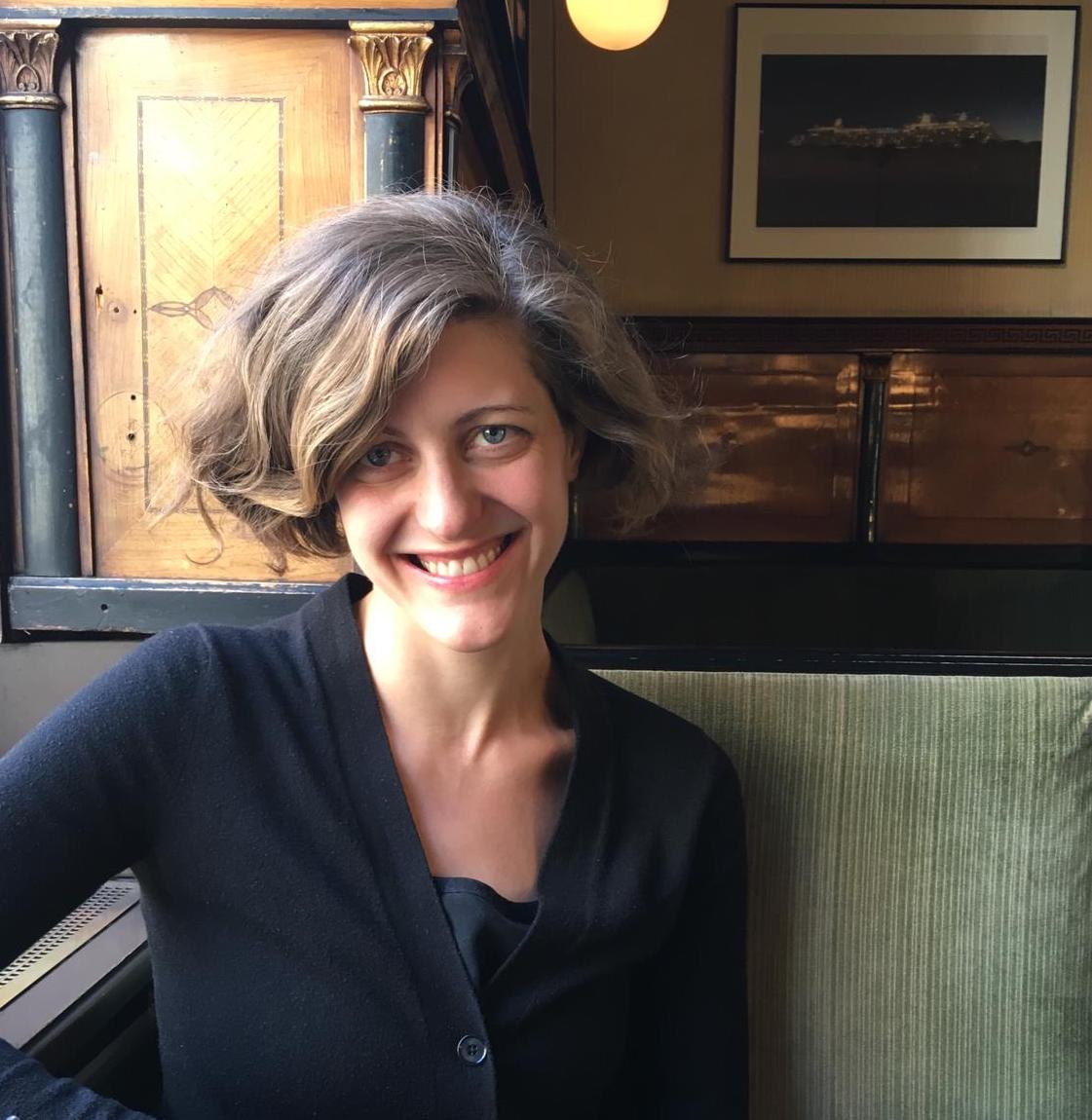
Anna Corrigan
- Alumni
- United States
- 2019 PhD Latin American Studies
- St Edmund's College
I became interested in studying the relationship between politics and photography while living in Buenos Aires in 2008. As a Comparative Literature major at Cornell University, I studied photography in both fine-art classes and as a mode of literary, political, and historical analysis. In 2012, I travelled to Argentina, Chile and Uruguay to research the repurposed family photo album in the context of historical memory in these countries. Between 2014 and 2016, I studied between Spain, Portugal and Scotland for the Erasmus Mundus Master’s course Crossways in Cultural Narratives. My MA dissertation analysed the photomontages of German-born Argentine artist Grete Stern. With Dr. Joanna Page at the Centre for Latin American Studies, I will investigate the history of photomontage in Argentina and shed light on this technique’s prevalence in contemporary visual culture of the Southern Cone.
Previous Education
University of St Andrews Cultural Narratives 2016
Cornell University Latin American Studies 2014
Kathleen Corriveau
- Alumni
- United States
- 2003 MPhil Education
- Darwin College

Kathleen Corriveau
- Alumni
- United States
- 2003 MPhil Education
- Darwin College
Previous Education
Harvard University EdM Mind, Brain & Education 2003
Brown University ScB Cognitive Neuroscience 2002
Henry Cousins
- Alumni
- United States
- 2017 MPhil Bioscience Enterprise
- St John's College
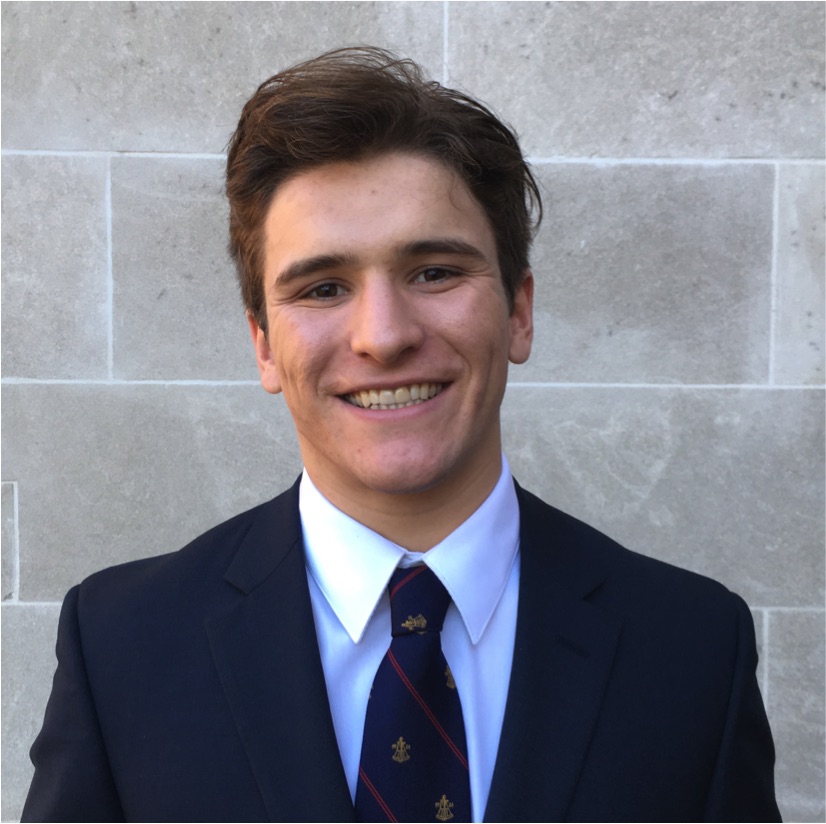
Henry Cousins
- Alumni
- United States
- 2017 MPhil Bioscience Enterprise
- St John's College
I am fascinated by the potential of emerging biomedical tools to treat new diseases. A native of Massachusetts, I graduated from Harvard University, where I studied neuroscience in several contexts, including retinal disease in premature infants, nontraditional symptoms in Alzheimer's disease patients, and synaptic patterning in the developing brain. More recently, I conducted thesis research into how young neurons decide to assemble specific circuits in the outer retina. While teaching children throughout the US and Southeast Asia, I have also witnessed the personal challenges of healthcare access around the world. These experiences have guided my belief that biomedical research must combine technical progress with new modes of development and distribution. At Cambridge I will pursue an MPhil in Bioscience Enterprise, which will prepare me to address these questions through a career in medicine. Outside my studies I hope to continue my other interests in jazz music, youth coaching, and woodworking.
Previous Education
Harvard University
David Coutts
- Alumni
- New Zealand
- 2007 PhD Veterinary Medicine
- Clare College
David Coutts
- Alumni
- New Zealand
- 2007 PhD Veterinary Medicine
- Clare College
Kristopher Coventry
- Alumni
- Australia
- 2002 PhD Chemical Engineering
- Queens' College

Kristopher Coventry
- Alumni
- Australia
- 2002 PhD Chemical Engineering
- Queens' College
Adam Cowden
- Alumni
- United States
- 2014 MPhil Planning Growth and Regeneration
- Wolfson College
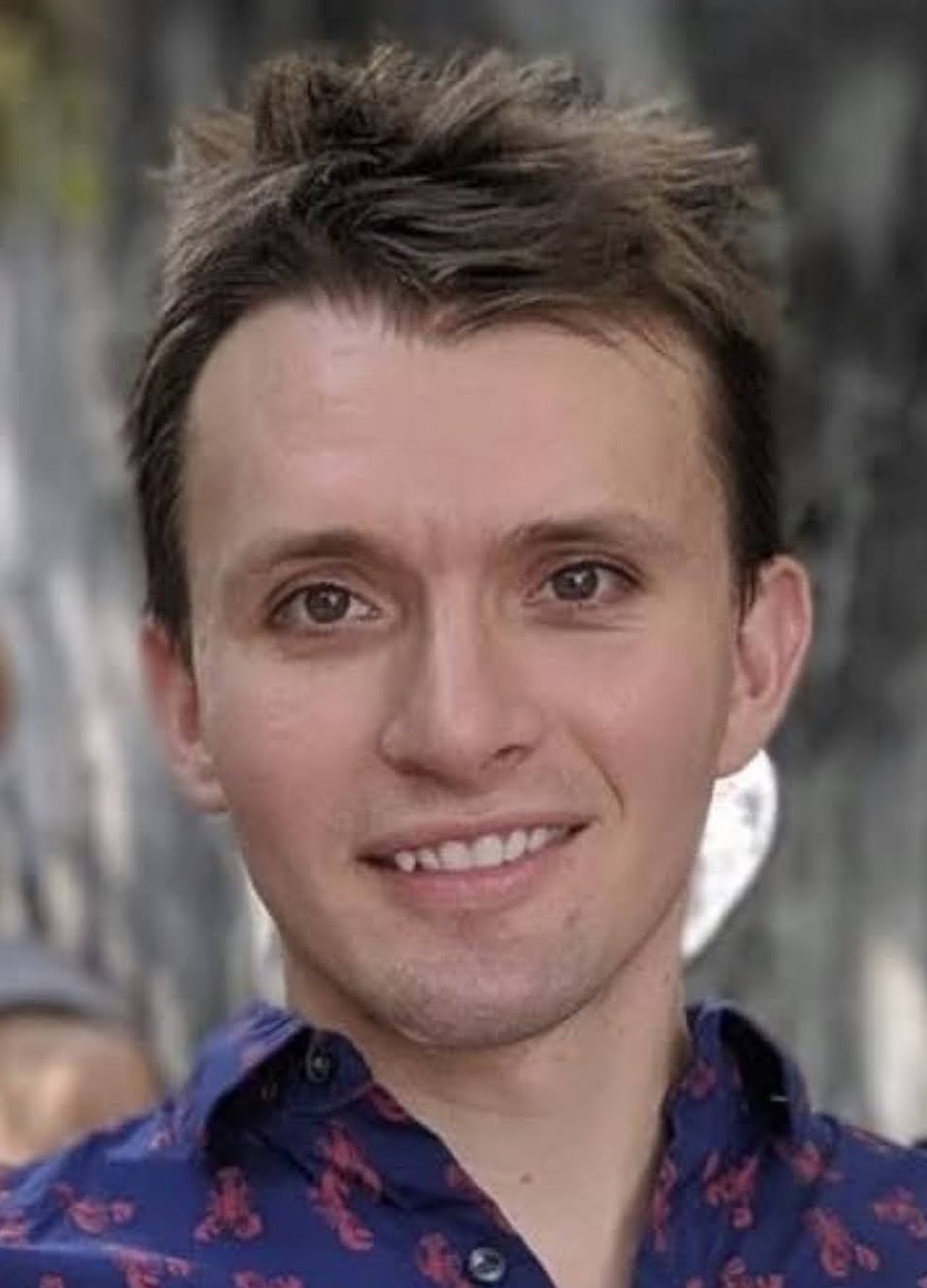
Adam Cowden
- Alumni
- United States
- 2014 MPhil Planning Growth and Regeneration
- Wolfson College
Previous Education
University of Notre Dame B.A. Political Science 2012
Alexandra Cox
- Alumni
- United States
- 2007 PhD Criminology
- Trinity Hall
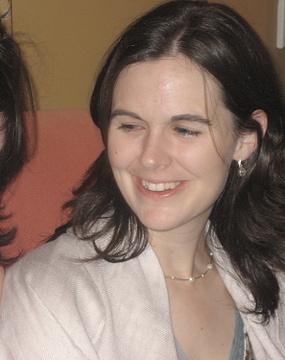
Alexandra Cox
- Alumni
- United States
- 2007 PhD Criminology
- Trinity Hall
I am committed to integrating theoretical, empirical and advocacy work on punishment and incarceration in order to contribute to a more humane justice system. I will be researching adolescents’ perceptions of fairness and the legitimacy of power in youth prisons, focusing on how these perceptions impact adolescents' well-being while they are incarcerated. My goal is, as an academic, to examine the broader implications of social policy, but also to tell, through empirical research, the stories of those most affected by the social policy of crime and punishment.
Previous Education
University of Cambridge MPhil in Criminology 2007
Yale University 2001
Jacob Cox
- Alumni
- United States
- 2011 MPhil Biological Science
- Trinity College
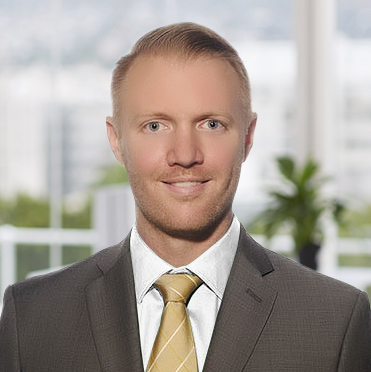
Jacob Cox
- Alumni
- United States
- 2011 MPhil Biological Science
- Trinity College
At Cambridge, I pursued an MPhil studying the parasite responsible for the tropical disease known as human African trypanosomiasis. Since then, I have attended medical school at Johns Hopkins and am now a resident in ocular surgery at Harvard. I remain passionate about global health, with current research involving trachoma (a potentially blinding disease seen primarily in African and Asia) and cataract surgery in India.
Previous Education
Virginia Military Institute
Aidan Craig
- Alumni
- United States
- 2003 PhD Physics
- Homerton College
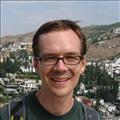
Aidan Craig
- Alumni
- United States
- 2003 PhD Physics
- Homerton College
George Cristea
- Alumni
- Romania
- 2012 PhD Classics
- Gonville and Caius College
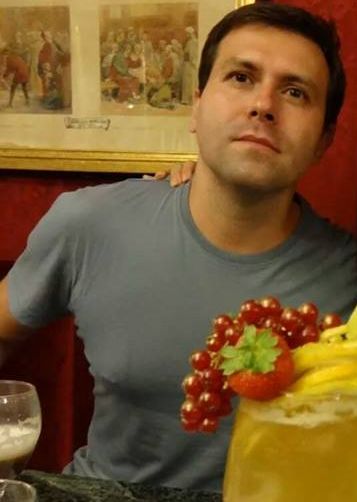
George Cristea
- Alumni
- Romania
- 2012 PhD Classics
- Gonville and Caius College
I was born and raised in Bucharest, Romania, where I also graduated from the University of Bucharest in 2004 after reading Latin and Romanian. I also completed a master’s in linguistics, after which I obtained a permanent position as a researcher at the Institute of Linguistics of the Romanian Academy. At the same time I got involved in journalism as a correspondent at the Romanian Parliament and Presidency. However, the turning point in my career was the year that I spent at Cambridge (2009 / 2010) as a visiting student, carrying out research on rhetoric and discourse analysis. Then I decided to return to my former passion about classics and to build up an academic career in this field. My PhD project at Cambridge is about Latin rhetoric: it consists in a commentary on the “Pro Flacco”, one of Cicero’s least known and appreciated speeches. The choice of the topic was motivated by the following factors: a) there is, surprisingly, no extensive and up-to-date academic discussion in classical scholarship on this important speech either in English or in any other language; b) the “Pro Flacco” is a key source for understanding Roman imperialism in general and the complicated relationship between Rome and Asia Minor in 1st c. B.C. in particular; c) this speech exposes all the xenophobic clichés which were present in the cultural space of Rome at the end of the Republic and the way they were exploited in politics and oratory.
Molly Crockett
- Alumni
- United States
- 2006 PhD Experimental Psychology
- King's College

Molly Crockett
- Alumni
- United States
- 2006 PhD Experimental Psychology
- King's College
Originally from Irvine, CA, I completed my BS in Psychobiology at UCLA, where I studied the neural mechanisms of emotion regulation. At Cambridge, I am exploring the neural mechanisms of human motivation and decision making under the supervision of Prof Trevor Robbins in the Department of Experimental Psychology. In particular, I’m investigating how the neuromodulator serotonin influences decision making in social contexts. Following my PhD, I plan to conduct postdoctoral research on the neural mechanisms of prosocial behaviour. Ultimately I hope to direct my own research centre and advise policy makers on human behavior.
Kathryn Crowcroft
- Alumni
- Australia
- 2011 MPhil Medieval and Renaissance Literature
2012 PhD English - Jesus College
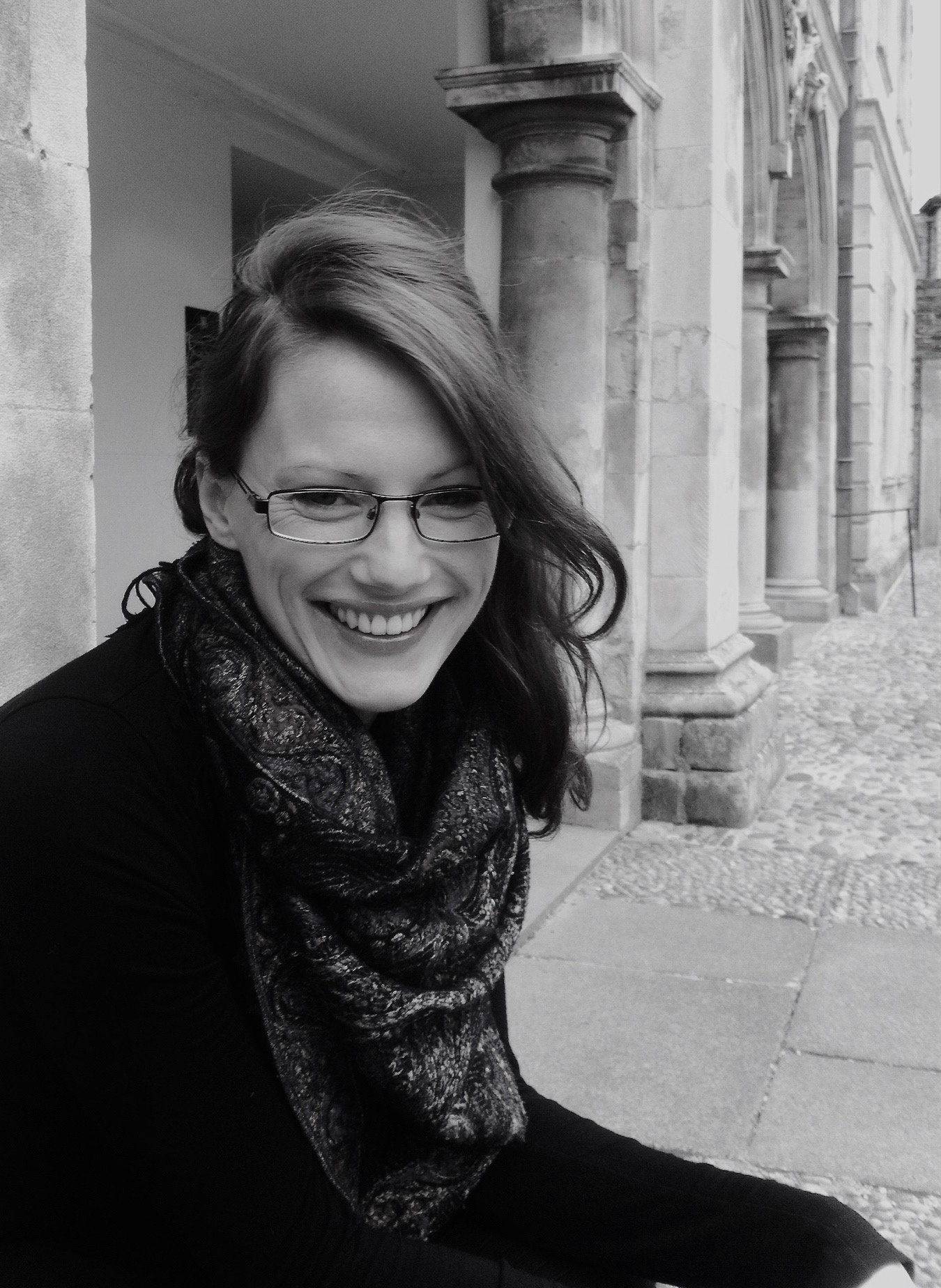
Kathryn Crowcroft
- Alumni
- Australia
- 2011 MPhil Medieval and Renaissance Literature
2012 PhD English - Jesus College
Terrence Cullen
- Alumni
- United States
- 2014 MPhil European Literature and Culture
- Pembroke College
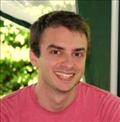
Terrence Cullen
- Alumni
- United States
- 2014 MPhil European Literature and Culture
- Pembroke College
Jamie Cyr
- Alumni
- United States
- 2017 PhD Materials Science and Metallurgy
- Churchill College
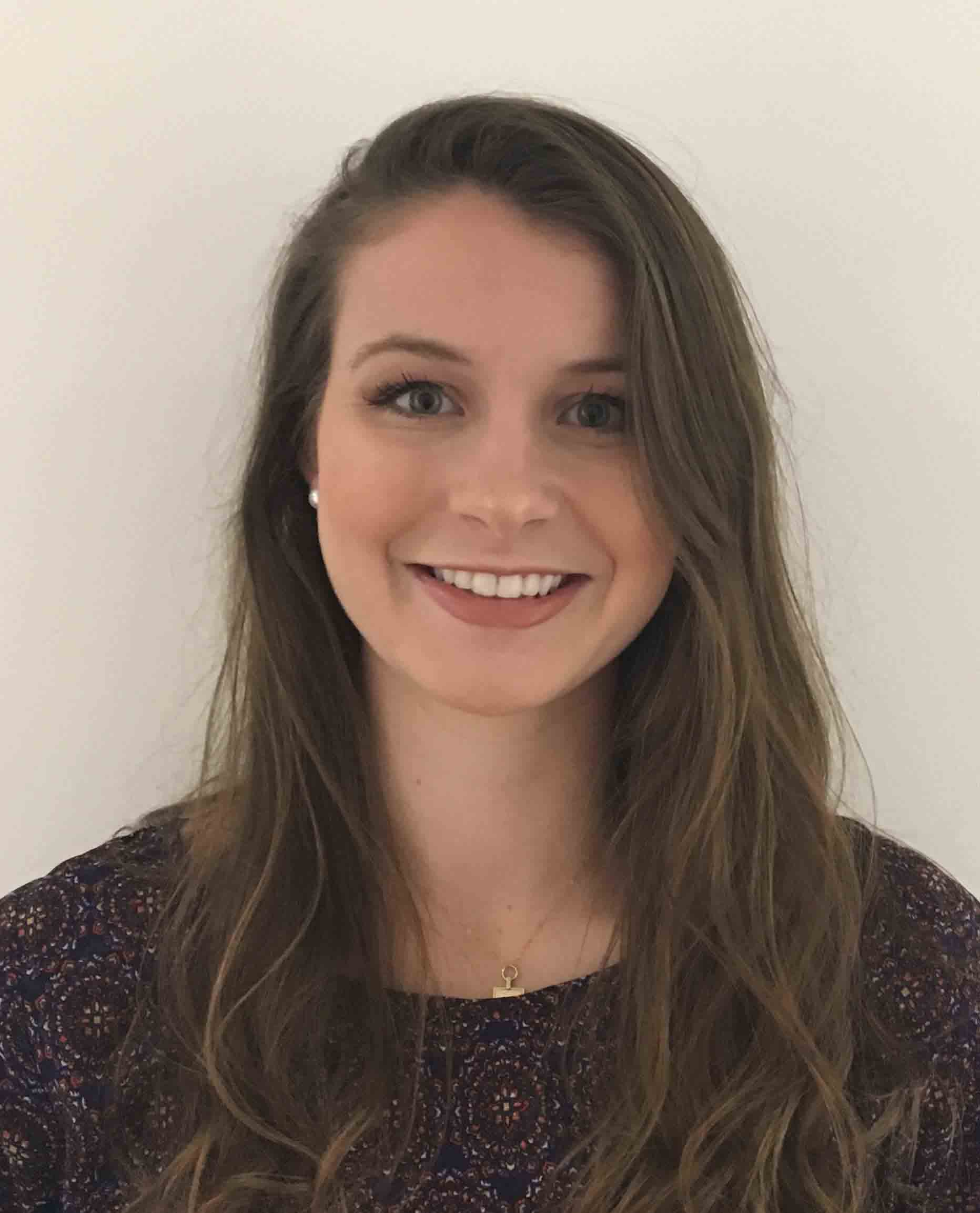
Jamie Cyr
- Alumni
- United States
- 2017 PhD Materials Science and Metallurgy
- Churchill College
Throughout my undergraduate education at Smith College, I gained a great appreciation for interdisciplinary dialogues to advance scientific knowledge. I leveraged my mathematical background to organize and connect topics in biology, biomathematics, chemistry, and physics, as well as psychology, sociology and archaeology. My interdisciplinary studies have broadened the perspective with which I approach problems in preparation for a career in the field of global medical research and the design of medical devices for the developing world. I have integrated my diverse academic interests with my medical aspirations through an MPhil at the Cambridge Centre for Medical Materials, where I am currently working to improve the three-dimensional architectural control of affordable ice-templated collagen scaffolds. My work allows these scaffolds to closely mimic the structure and texture of natural tissue and will be employed in regenerative medical applications such as cardiac muscle repair, dermal grafts, nerve regeneration, and joint restoration. As part of the Gates Cambridge community, I hope to broaden my multifaceted interests and share my knowledge as I pursue my PhD focused on the development of a cardiac patch that will facilitate the regeneration of damaged heart tissue. Additionally, I will refine the novel technique I developed during my MPhil to enable this technology to be used in regenerative medical applications throughout the body.
Previous Education
Smith College
University of Cambridge
Stuart D'Aloisio
- Alumni
- Australia
- 2005 LLM Law
- Downing College

Stuart D'Aloisio
- Alumni
- Australia
- 2005 LLM Law
- Downing College
In my LLM at Cambridge I plan to focus on intellectual property law and dispute resolution. I have spent the past two years living and working as a lawyer in China, and in the future I hope to combine my study of law with my interest in China and its development. I am looking forward to experiencing university life in Cambridge and making the most of a challenging academic environment.
Krittika D'Silva
- Alumni
- Canada
- 2016 PhD Computer Science
- Jesus College

Krittika D'Silva
- Alumni
- Canada
- 2016 PhD Computer Science
- Jesus College
As an undergraduate at the University of Washington, I majored in Bioengineering and Computer Engineering. I worked in three research labs building technology for individuals with lower limb amputations, mobile software for low resource settings, and DNA molecules for long-term data storage. I believe phones can be a valuable tool for change and I look forward to continuing research in mobile systems at Cambridge.
Previous Education
University of Washington
Evandro Da Silva
- Alumni
- Brazil
- 2013 MPhil Theoretical & Applied Linguistics
- Downing College
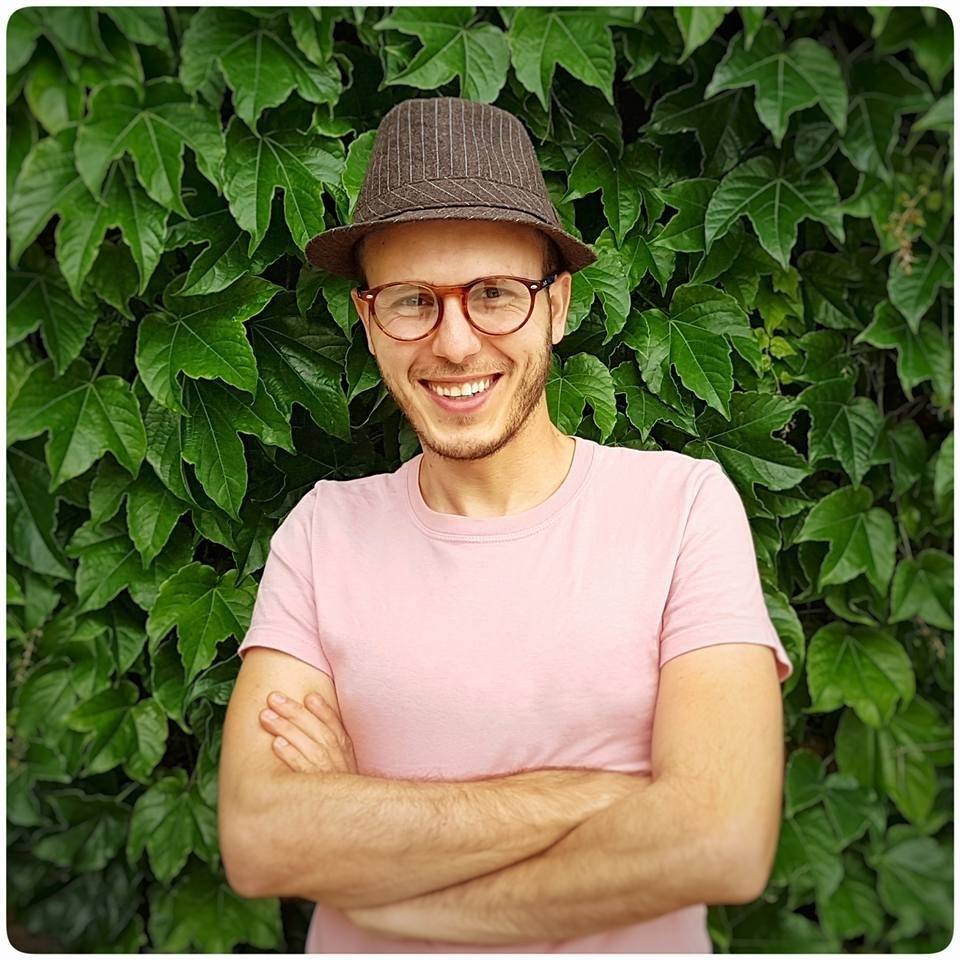
Evandro Da Silva
- Alumni
- Brazil
- 2013 MPhil Theoretical & Applied Linguistics
- Downing College
I come from Porto Alegre in Southern Brazil. My interest in languages stems from listening to my grandfather who taught himself Spanish and English. As a teacher of English in my community, I would scrutinise the language in search for patterns that could be explained and compared with my students’ native tongue, Portuguese. Due to the shortage of linguistic departments in my homeland and to the luck of finding a British benefactor, I undertook a degree in English Language and Linguistics at the University of York. The MPhil in Theoretical and Applied Linguistics at Cambridge provided me with an opportunity to contribute to a better understanding of this intricate faculty that defines our species and permeates our social lives. My thesis investigated how psychophysiological states (i.e. emotions) get 'trapped' in the lexicon (our mental dictionary) during language acquisition. As a Gates Alumnus, my ambition is to help developing countries such as Brazil to cope with the pressure of an ever growing need for bilingualism. I'm currently working in conjunction with the public and privates sectors to build strategies that may reduce foreign language anxiety (i.e. an automatic fear response when the foreign language is activated).
Previous Education
University of York English Language and Linguistics 2013
Talia Da Silva
- Alumni
- South Africa
- 2013 PhD Engineering
- Trinity College
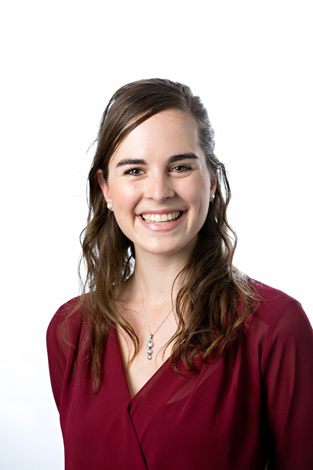
Talia Da Silva
- Alumni
- South Africa
- 2013 PhD Engineering
- Trinity College
I am currently involved in WindAfrica, an EPSRC Global Challenge Research Funded project aiming to develop performance-based guidelines for wind turbines in Africa. My role is the development and supervision of the field testing which will be conducted in South Africa to investigate the representative behaviour of piled foundations under cyclic lateral loading in expansive soils.








